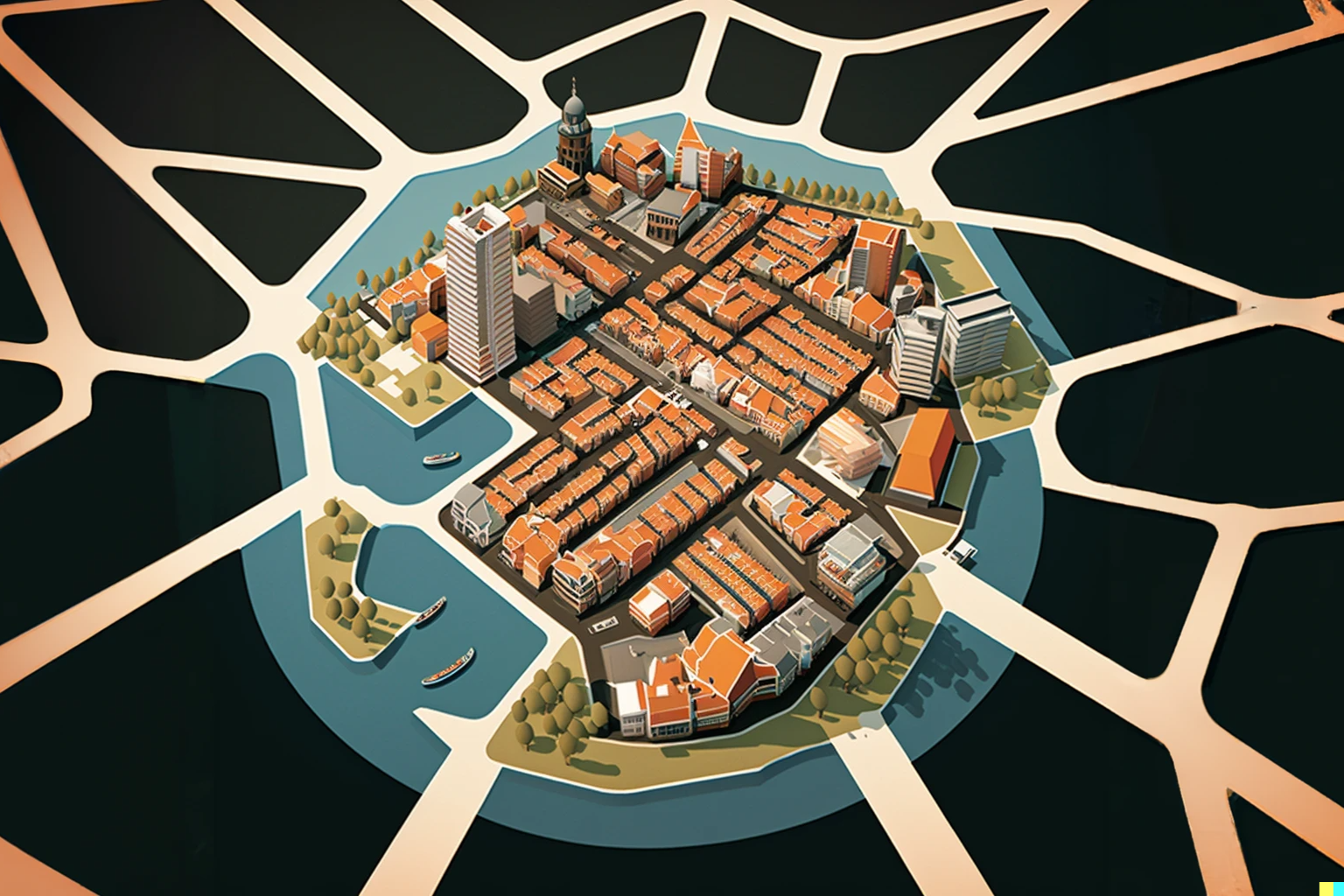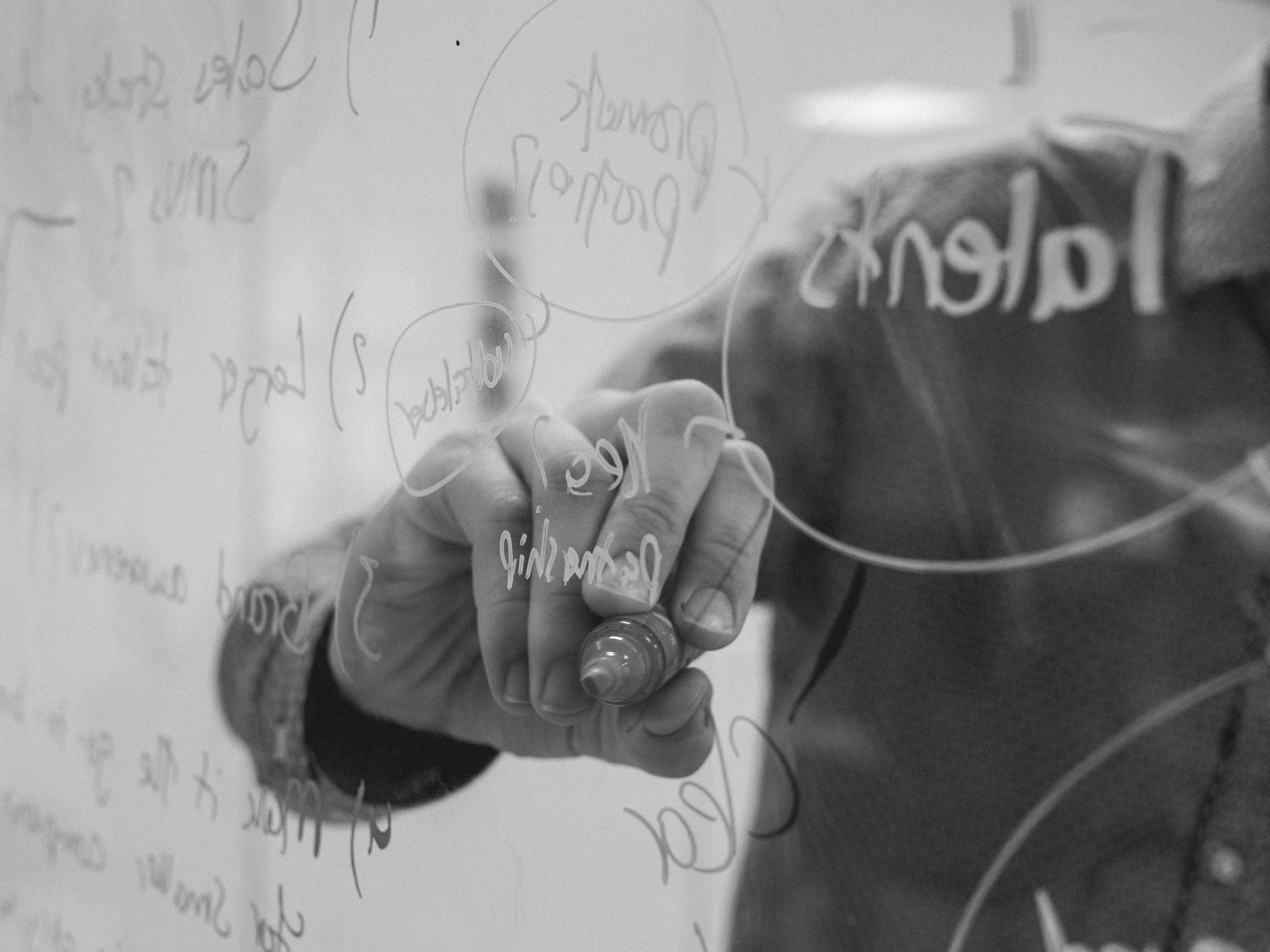Future Society
Our work in the issue area of the future society explores the transformation processes of human societies in the 21st century as well as ways to align them with the advancement of the common good.
In the coming decades, we can expect to see significant transformations to our societies, which will be shaped by a range of key developments that will have a significant impact on the way we live and interact with one another. From the rapid advancement of technology to the ongoing threat of pandemics and climate change, future human society will be shaped by a complex and interconnected web of issues.
The rapid advancement of technology, including fields such as artificial intelligence, robotics, biotechnology, and the internet of things, will continue to shape and transform the way we live and work. This will have implications for a wide range of areas, including employment, education, and communication. Cybersecurity will also become increasingly important as more of our lives move online, requiring ongoing efforts to protect against cyber attacks, data breaches, and online fraud.
Climate change is already being felt around the world and is likely to be a major factor in shaping the future of human societies. Efforts to mitigate and adapt to its effects will be necessary in order to protect energy production, transportation, agriculture, and urban planning.
Demographic changes, such as population growth and aging, will also have significant implications for human societies. These changes will impact healthcare, social security, the labor market, and housing needs.
Resource depletion, as the world’s population continues to grow, will put increasing pressure on finite resources such as water, food, and energy. This may lead to conflicts over access to these resources and could have significant impacts on economic and political systems.
As human societies navigate these complex and multifaceted transformations, it will be important to work with a wide range of actors from across sectors in order to address the various challenges and opportunities that arise and to promote the alignment of these transformation processes with the advancement of the common good.
To achieve this goal, our organization employs a range of strategies and approaches, including policy analysis, capacity building and technical assistance, research and knowledge generation, and collaboration and partnerships. Through these efforts, we aim to help decision-makers, practitioners, and other stakeholders understand the implications of these transformations and identify effective strategies for addressing the challenges and opportunities they present.
Programs
Our programs address the ongoing transformations shaping human societies in the 21st century and aim to align them with the advancement of common good.
Fellowships
Publications

Nordic Countries: Leading the Way in the Green Transition
The green transition refers to the process of shifting from an economy based on fossil fuels and other…

Navigating the Future: Germany's Autonomous Driving Act
The Autonomous Driving Act took effect in Germany on July 28, 2021, introducing significant and comprehensive amendments to…

The Good Street: A New Framework for Sustainable Mobility and Urban Design
As cities continue to grow in popularity and size, an inevitable tension between two key urban features has…











